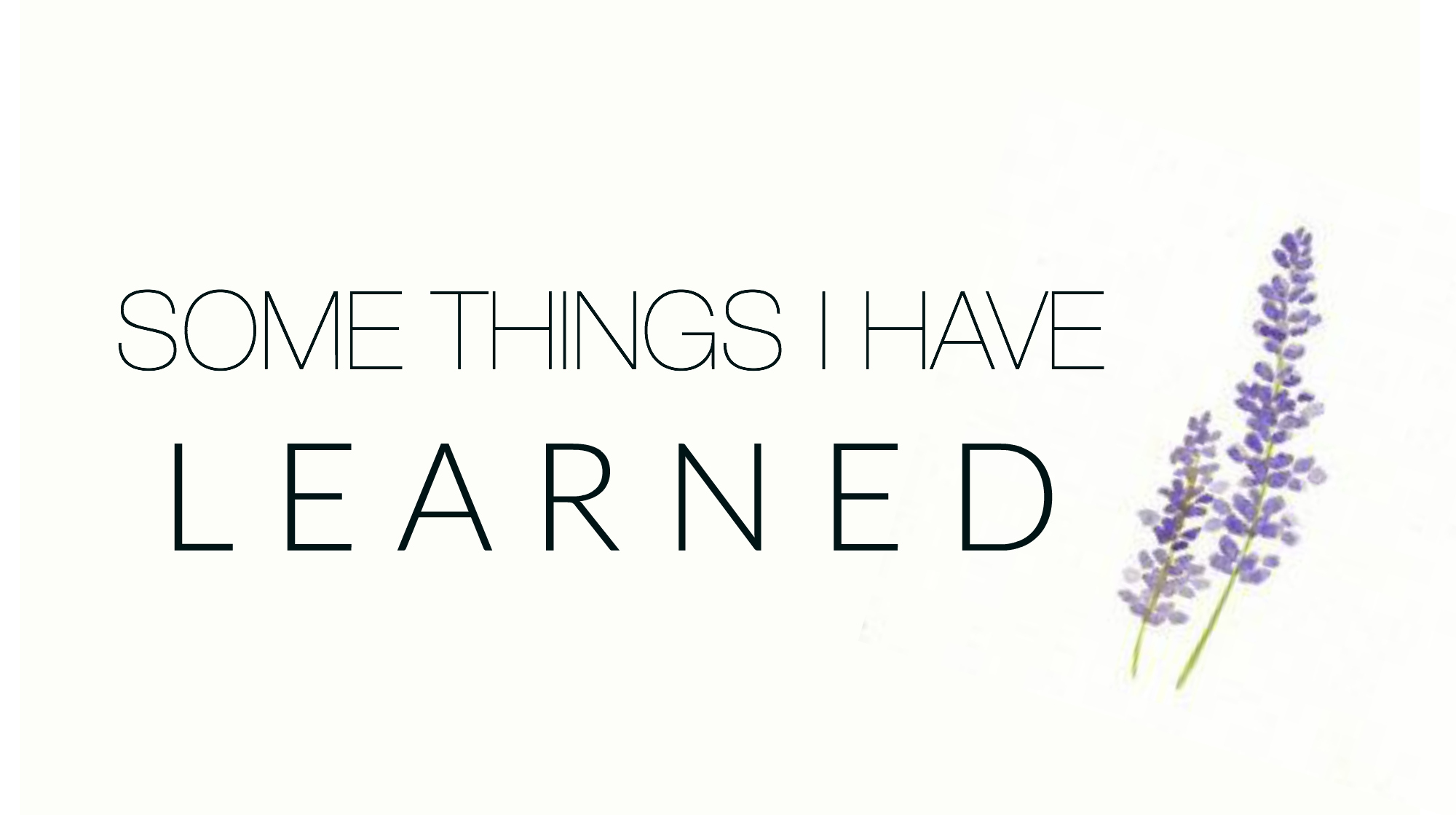this is a page for
Browsing Tag: abilities
Recently my daughter had me help her cut some paper. This is the daughter who has Down syndrome. She was trying to cut out something from a magazine to tape it on a jar. I showed her how to cut around it and started the cutting for her. I watched her cut it and for the first time noticed her hand was in the way of her seeing what she was cutting.
It occurred to me that I had started cutting on the right side of the picture and she is left-handed. I have done this many times over the years and never once noticed that she couldn’t see what she was cutting because her hand was in the way. It explained all of the jagged edges and uneven cuts she always made. I had always wondered why she couldn’t cut anything out straight.
I stopped her and restarted the cut on the left side of the picture and she continue to cut around from that side. She cut evenly and smoothly, no jagged edges and no cutting in the wrong place. She’s 17 years old and has been using scissors since preschool and I just notice this.
Sometimes it’s really easy to see things only from my right-handed perspective. To just do something like I always do, or to think things through from my reference point. Often it’s easy for me to not notice what stops someone from doing a good job. Then I wonder why that person didn’t measure up. I wonder why they can’t cut out something without jagged edges. My right-handed perspective gets in the way.
Often I’m dealing with “left-handed people”. People who are different from me. Someone who methods and ways contrast from mine. His or her ways are just different from mine, not bad or worse. Sometimes it is easy to judge another as incompetent, or foolish or even incapable. When I do that it’s because I’m not making the effort to look at things from his or her perspective.
Usually telling someone to just do it the way I do it is not the answer. That often produces frustration and the previous results. If I really want to understand, I need to see things from the other person’s viewpoint. Looking at something as another sees it can be illuminating. Concentrating on another person’s skills and abilities and what they do well, can make a big difference. Trying to figure out what is stopping that person from being successful is helpful. And then taking the next step to figure out a way to help them succeed. Often it’s just little adjustments. Like switching sides of the paper when cutting.
Viewing something from another person’s perspective often helps me understand better, be less judgmental and more compassionate. When I do that I become a better parent, teacher, spouse and friend. When I step aside from a right-handed perspective to see through a left-handed view, I don’t have to wonder why someone didn’t measure up. That’s because the jagged edges and uneven cuts usually go away.
https://www.churchofjesuschrist.org/study/general-conference/2014/04/what-are-you-thinking?lang=eng
Share this:
- Click to share on Twitter (Opens in new window)
- Click to share on Reddit (Opens in new window)
- Click to share on LinkedIn (Opens in new window)
- Click to print (Opens in new window)
- Click to share on Facebook (Opens in new window)
- Click to share on Tumblr (Opens in new window)
- Click to share on Pinterest (Opens in new window)
- Click to email a link to a friend (Opens in new window)
I have a daughter with Down Syndrome. She is a delightful, fun, smart person and because she is the youngest of my 8 children her brothers and sisters have grown up with her and recognize that having Down Syndrome is not a curse but just another way of being. They know she has her strengths and her abilities as well as weaknesses and things she’s not great at doing, just like everyone else. Many people assume that having Down Syndrome is a negative thing, that it is a hardship and that people with Down Syndrome have a very poor quality of life, that it is something to be pitied. I know I did before my daughter joined our family. But now of course I know how wrong I was in my thinking. One of my daughters married a man who has a son with Down Syndrome and they have custody of him, and my daughter loves him fiercely. You don’t ever want to mess with this mama bear and her cub. Sometimes when she tells other people that he has Down Syndrome their response is something like “oh, I’m so sorry” and you can see she wants to thump on that person to even imply that he is something to be pitied. I have told her that when people respond this way to see it as a chance to educate them. Most people don’t know the joy of having a child with Down Syndrome in their lives. They don’t know the blessings of having a person in their home who is usually loving and kind, sympathetic to others and who is funny as well as who loves to learn and try new things. Someone who trusts their parents completely and takes joy in simple things. Of course these traits are not unique to just people with Down Syndrome and not all people with Down Syndrome are exactly like each other but most people with Down Syndrome are loving and kind. They often have a zest for life and an implicit trust in those they love. My daughter with Down Syndrome believes what I tell her, which is a joy and a responsibility. Most of us have challenges in life and have situations in our lives we didn’t plan on, and there are people who don’t understand those challenges or situations. Taking time to educate others about some of our life’s circumstances increases understanding, empathy, compassion and often helps others in their own circumstances.
https://orangesocks.org/diagnosis-resources/down-syndrome/
Share this:
- Click to share on Twitter (Opens in new window)
- Click to share on Reddit (Opens in new window)
- Click to share on LinkedIn (Opens in new window)
- Click to print (Opens in new window)
- Click to share on Facebook (Opens in new window)
- Click to share on Tumblr (Opens in new window)
- Click to share on Pinterest (Opens in new window)
- Click to email a link to a friend (Opens in new window)

